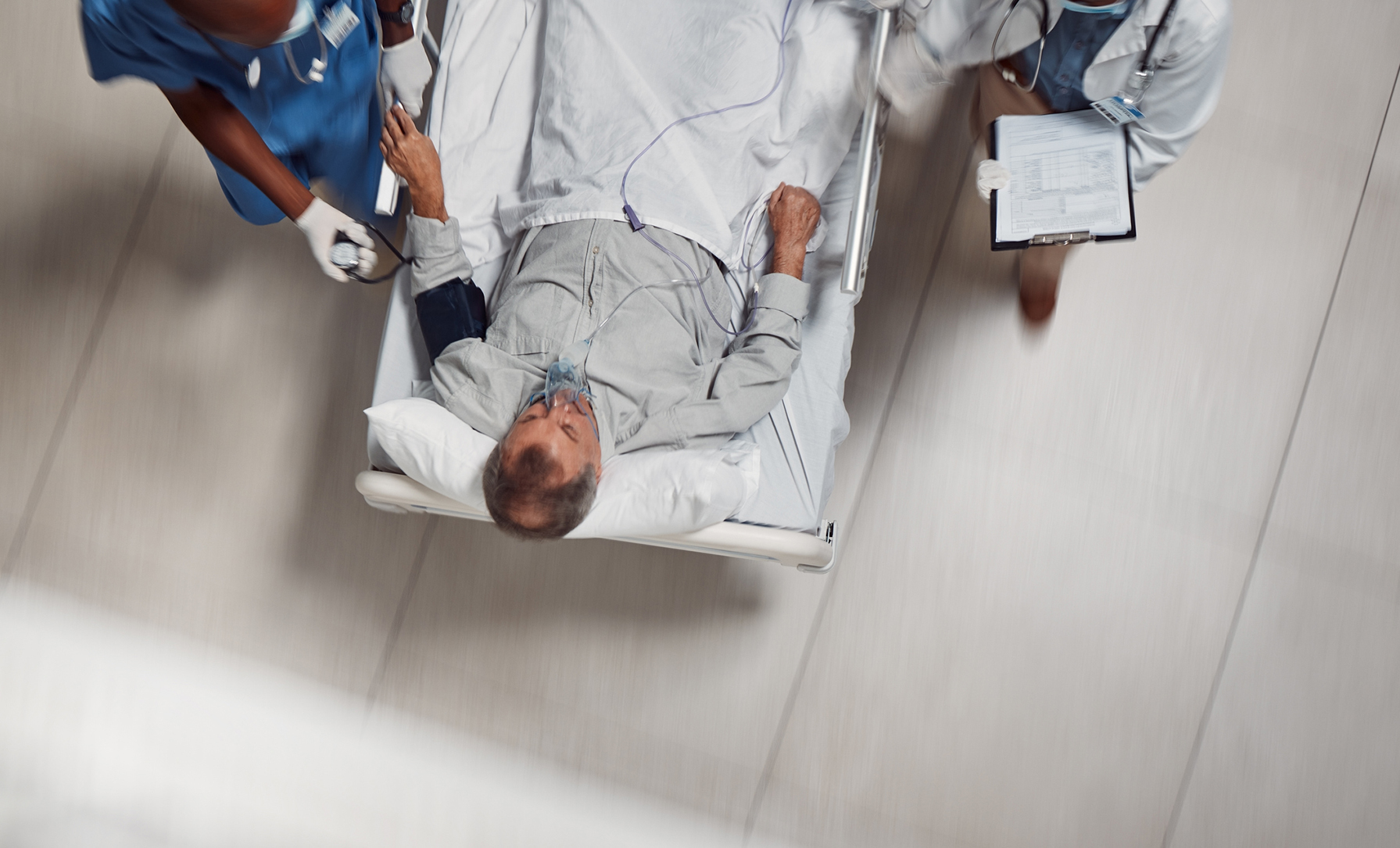A few years ago, clinicians and researchers in the Penn Medicine community set out to treat opioid use disorder more consistently with medications, focusing largely on buprenorphine, which soothes cravings for opioids and treats withdrawal symptoms. The results, led largely by members of what is now the Penn Medicine Center for Addiction Medicine and Policy (CAMP), have been stark. Among their accomplishments: dramatically increasing its use in emergency departments and significantly boosting engagement with opioid treatment well after initial hospital visits.
In other words, some seemingly simple interventions have saved lives.
Amid the COVID-19 pandemic in 2020, Jeanmarie Perrone, a professor of emergency medicine in the Perelman School of Medicine and CAMP founding director, began noticing a significant uptick in alcohol-related mortality. She again asked that question, but a little differently: Why not treat alcohol use the same way we’ve been treating opioid use?
Now, as part of the Penn Medicine Nudge Unit’s annual pilot program accelerator, Perrone and her colleagues will attempt to treat more patients who have alcohol use disorder (AUD) with naltrexone, a medication that blocks cravings in a way and has been shown to significantly reduce heavy drinking days.
The alcohol use treatment project is one of four chosen to use the concept of “nudging”—a behavioral science technique in which people are gently influenced toward making positive decisions—to improve care delivery.
“The use of naltrexone for patients struggling with alcohol use is a clear case of an evidence-to-practice gap where a nudge could have significant impact,” says Kit Delgado, an associate professor of emergency medicine and epidemiology and the director of the Nudge Unit. “There are reams of evidence showing a proven benefit, but it (naltrexone) is barely prescribed for patients being discharged from the emergency department, which may be the only touchpoint with the health care system. Increasing use and connecting patients to treatment cannot only reduce heavy drinking days, but reduce complications from alcohol and reduce ED visits and hospitalizations.”
Read more at Penn Medicine News.








